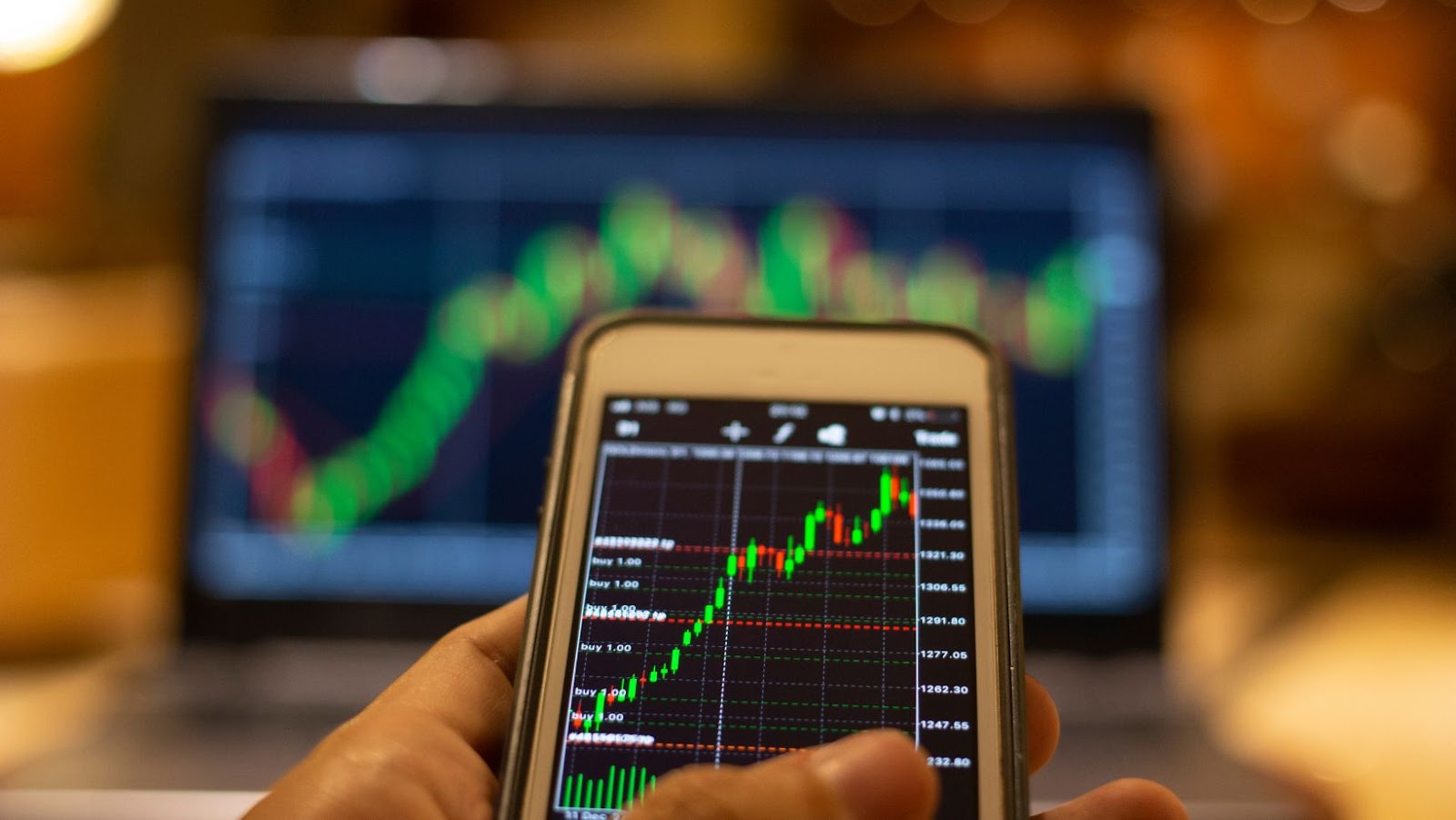What is Forex Trading? Understanding Analysis and Strategies
What Is Forex Trading
Definition and Basics
Forex trading, short for foreign exchange trading, involves the simultaneous buying of one currency while selling another. This global market operates 24 hours a day, five days a week, and is known for its high liquidity and vast trading volumes. Traders aim to profit from fluctuations in currency values which are influenced by various economic indicators, interest rates, and global events. Understanding the basics of forex trading is crucial for anyone looking to navigate this market, as it requires a keen awareness of the factors that drive currency value changes.
History and Evolution
The forex market has evolved significantly over time. Initially, What Is Forex Trading was the domain of governments, large financial institutions, and very wealthy individuals. However, the advent of the internet and advancements in technology have democratized forex trading, making it accessible to individual traders and investors worldwide. Significant milestones include the establishment of the gold standard in the 19th century and the transition to floating exchange rates in 1971. These changes have contributed to the expansion and increased accessibility of the forex market.
Major Participants
Several key players dominate the forex market, including:
- Central banks and governments exert influence through monetary policy and currency intervention.
- Banks and financial institutions facilitate the vast majority of currency transactions.
- Corporations engage in forex trading to manage operational exposure to currency fluctuations.
- Individual traders participate through brokers or banks, seeking to profit from price movements.
Each participant plays a crucial role, contributing to the dynamic and fluid nature of the forex market.
Benefits and Risks
Trading in the forex market offers several benefits, such as high liquidity, leverage, and the ability to trade around the clock. The vast array of currencies available provides traders with opportunities to profit from rising and falling markets. However, forex trading is not without risks. The market is highly volatile, and leverage can magnify both gains and losses. Successful traders must conduct thorough research, develop a robust trading strategy, and continuously monitor market conditions to mitigate these risks while capitalizing on the opportunities that forex trading offers.
 Forex Market Analysis
Forex Market Analysis
What Is Forex Trading? its analysis is pivotal for traders aiming to make informed decisions in the highly volatile forex markets. By dissecting market dynamics and indicators, traders can predict currency price movements, optimizing their positions for potential profits. This section delves into the three primary analysis methods: fundamental, technical, and sentiment analysis, offering traders a comprehensive toolkit for navigating the forex trading landscape.
Fundamental Analysis
Fundamental analysis is the cornerstone of forex trading strategies, focusing on economic indicators and events that influence currency values. Traders relying on this method scrutinize various elements:
- Economic Reports: Data such as GDP, employment rates, and inflation impact currency strength.
- Interest Rates: Central bank decisions on interest rates directly affect currency volatility.
- Political Stability: Political events and stability in a country can sway its currency’s demand.
Technical Analysis
Technical analysis, in contrast to fundamental analysis, focuses on historical price movements and trends to predict future activity. This method employs various tools and indicators:
- Charts: Candlestick, line, and bar charts provide visual cues about market trends.
- Indicators and Oscillators: Tools like moving averages, MACD, and RSI help identify momentum and potential market reversals.
Sentiment Analysis
Sentiment analysis, often overlooked, is crucial for understanding the overall mood or sentiment of the forex market. This method evaluates:
- Market Positioning: The aggregate positioning of traders can indicate potential market movements.
- Economic Forecasts: Expectations about future economic conditions affect trader sentiment.
- News and Events: Real-time news and global events influence traders’ perceptions and market sentiment.
 Forex Trading Strategies
Forex Trading Strategies
Forex trading demands a keen understanding of market dynamics and the ability to synthesize various types of analysis. Traders equipped with the knowledge of fundamental, technical, and sentiment analysis stand a better chance at succeeding in this complex market. It’s not just about predicting currency movements but also about making informed decisions that align with global economic trends and trader sentiment. As traders navigate the forex landscape, combining these analytical methods can significantly enhance their strategic approach. By doing so, they’re not just reacting to the market—they’re anticipating it, setting themselves up for potentially profitable trading opportunities.